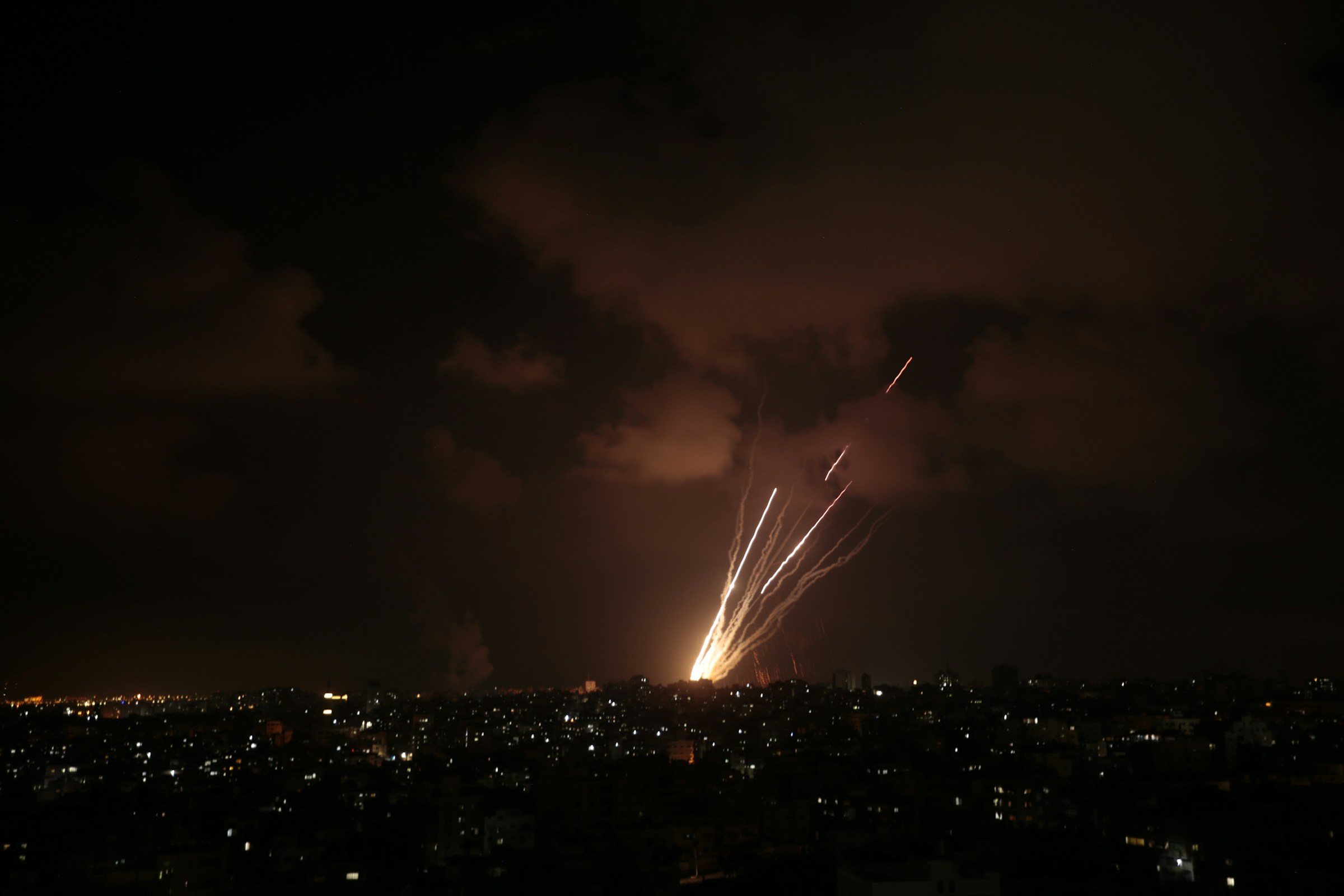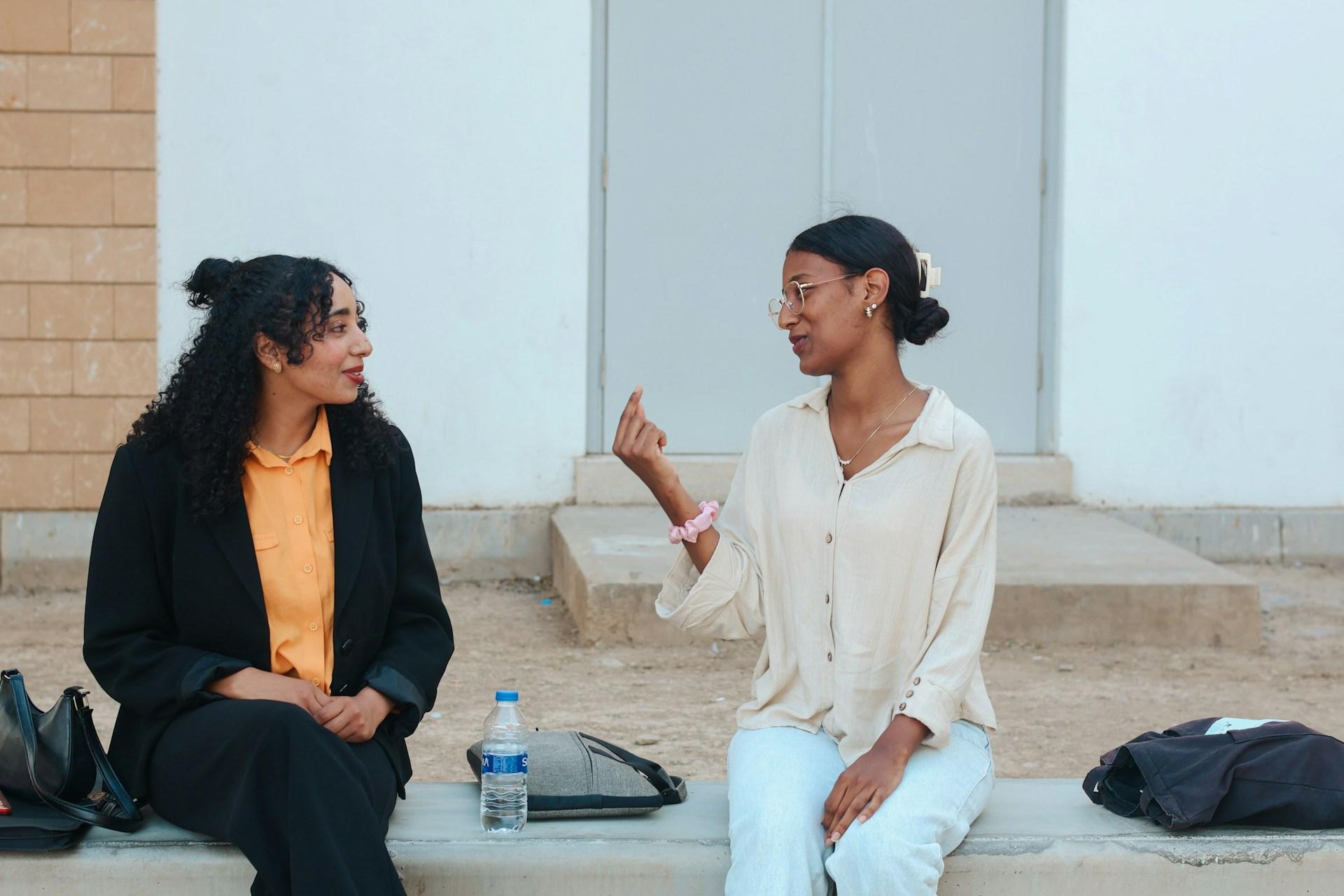This is the kind of incident that resets the policy conversation. On August 25, Israeli munitions struck Nasser Hospital in Khan Younis, killing at least 20 people, including five journalists, with accounts indicating a second strike after first responders and media converged on the scene. Israel acknowledged a strike in the hospital area and announced an inquiry. Prime Minister Benjamin Netanyahu expressed regret over what he called a tragic mishap.
For policymakers, the operational detail matters because it triggers multiple legal and diplomatic tripwires at once. Hospitals and accredited media have protected status under international humanitarian law. A documented sequence of two strikes minutes apart, combined with fatalities among journalists and medical staff, compels calls for independent investigation from allied capitals and elevates the risk of formal censure in multilateral forums. Initial reactions from Canada and European leaders were swift, with statements describing the attack as intolerable and calling for accountability. Turkey labeled it an attack on press freedom. The chorus sharpens pressure on Jerusalem while narrowing Washington’s room to oppose a higher level of international scrutiny.
The immediate Israeli posture is procedural containment. The military ordered an inquiry, and the prime minister’s office issued language of deep regret while restating the objective to defeat Hamas. That combination signals a desire to manage reputational damage without altering campaign objectives. It also anticipates allied demands. Washington and key European partners can accept the framing for now, but any subsequent evidence of pattern or intent would shift the burden toward sanctions noise, travel restrictions on specific units, or conditionality on selected transfers. This is the gray zone where signal management becomes policy friction.
On the ground, the strike further degrades Gaza’s survivability infrastructure. Nasser is one of the last functioning public hospitals in the south. Damage to surgical facilities and stairwells where responders gathered compounds the healthcare deficit and complicates any plan for protected medical corridors. That operational reality feeds the diplomatic narrative and shapes media coverage in ways that are hard for Israel to unwind, regardless of the inquiry’s outcome.
Markets will translate this episode through a familiar risk channel rather than a headline shock. The Tel Aviv complex has shown resilience across prior escalations, but episodes that focus global attention on protected sites and press casualties tend to raise the probability of policy constraints, not just combat optics. Where the transmission is most visible is insurance and logistics. War risk premiums for Red Sea routes climbed materially in July after deadly attacks, and an incident that renews scrutiny of civilian targeting can keep underwriters cautious, extend higher premia, and nudge cargo owners to price additional detours. That sustains cost pressure into Q4 import cycles, with knock-on effects for Gulf and Mediterranean ports.
Energy is the second channel, though less linear. A single episode rarely re-prices crude on its own, yet cumulative escalation that expands the conflict envelope or keeps maritime insurers on edge can floor the downside in Brent while amplifying headline-driven spikes. Traders will watch for any linkage between ground operations, cross-border rocket activity, and shipping advisories. A higher and stickier war risk baseline is a tax on flows even without a visible supply outage.
Sovereign and institutional capital will respond with incremental reallocations, not exits. Gulf sovereign funds remain pragmatic in Israel-adjacent exposures, hedging operational risk while preserving long horizon positions. European institutional investors will wait for the tone of the inquiry and the scope of allied responses before refreshing guidance. Media and telecom names with field operations risk will see temporary governance questions from investment committees around duty of care and insurance coverage. None of this is a forced unwind, but it is a drag on risk appetite at the margin.
Diplomatically, this incident compresses timelines. It increases the cost of delay in ceasefire bargaining and raises the visibility of deconfliction failures. If the inquiry is rapid, credible, and paired with verifiable adjustments to target approval processes, allied pressure may cool. If it stalls, expect louder calls for independent mechanisms and stronger language around conditionality. The U.N. and press freedom groups will keep the casualty count central, which influences agenda setting in Brussels and Ottawa in the near term.
What to watch next is procedural, not rhetorical. First, the scope and independence of the Israeli inquiry, including timelines, evidence disclosure, and any disciplinary outcomes. Second, whether the Israel Defense Forces publish updated deconfliction rules for medical sites and media crews, and whether those rules are visible to allies. Third, whether maritime underwriters adjust Red Sea and Eastern Med premiums in the next two weeks, a practical barometer for perceived escalation risk. Fourth, if allied governments move from statements to process, for example by mandating incident reporting to specific parliamentary committees or tying export licenses to deconfliction compliance. These are the levers that convert condemnation into marginal policy cost.
The strike will not by itself change the military trajectory. It does, however, change the political math around it. When hospitals and journalists are at the center of the story, the debate shifts from operational necessity to credibility and control. That is why this episode matters for capital flows. It increases uncertainty about the policy ceiling that allies will tolerate and keeps logistics and insurance markets tight. The posture may look steady on the surface, but the signaling is unmistakably cautious.















